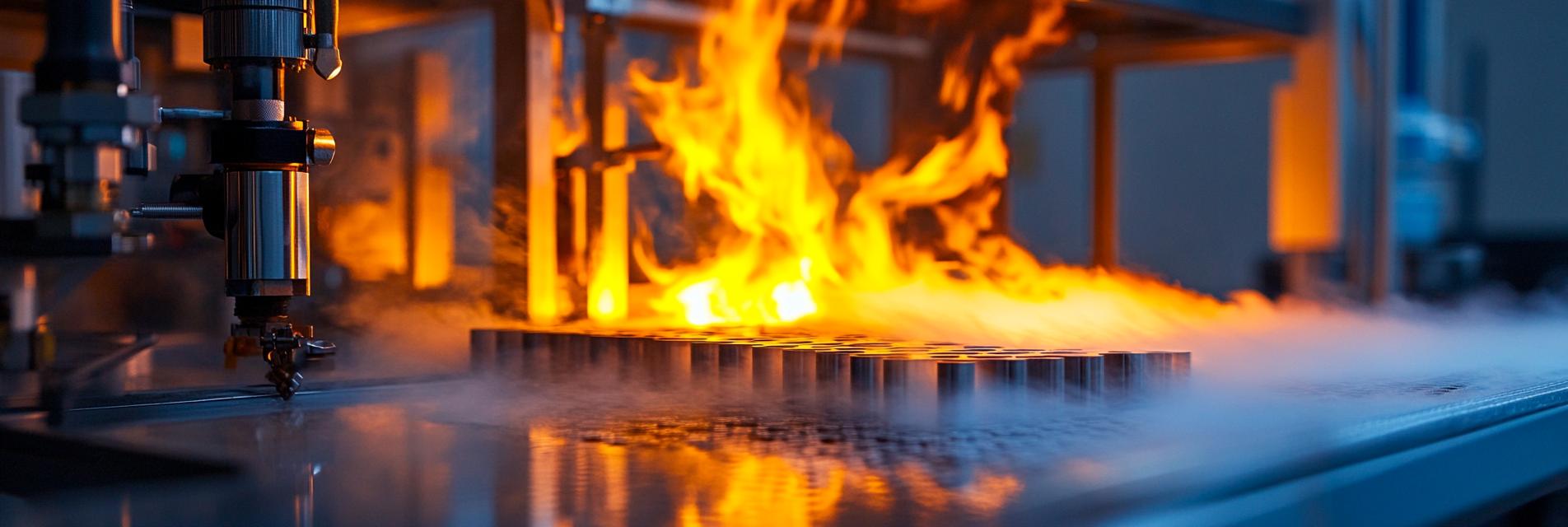As an industry professional, I often find myself considering the materials we use and their resilience in the face of unpredictable challenges. Recently, I had the opportunity to examine the performance of AZS nozzle blocks under various temperature variations. This article shares my insights and test results, focusing on their fire resistance properties—a vital feature for any reliable refractory material.
AZS (Alumina-Zirconia-Silica) nozzle blocks are renowned for their exceptional strength and durability, particularly in high-temperature environments. Their ability to resist thermal shock and degradation makes them invaluable in industries such as steelmaking and glass production, where consistent performance is paramount.
Testing the fire resistance of AZS nozzle blocks was not only an academic exercise for me but a necessary step in ensuring that we are utilising the best materials available. Fire resistance testing determines how well these blocks can maintain their structural integrity and functionality when exposed to temperature fluctuations.

The results were indeed enlightening. Each test involved subjecting the AZS nozzle blocks to rapidly changing temperatures—where they showed remarkable resilience. Notably, the blocks maintained their shape and functionality even after extreme thermal cycling.
The findings indicate that AZS nozzle blocks not only withstand temperature variations but also contribute to operational efficiency by minimizing the risks of material failure in industrial settings. This knowledge empowers engineers and decision-makers to select materials that ensure safety and reliability in high-stake environments.
Reflecting on these test results, I feel a sense of responsibility as we push forward in our industries. Knowing that the materials we choose can withstand the hardships of temperature fluctuations gives us confidence. As we continue to explore and innovate, let us take comfort in the knowledge that AZS nozzle blocks stand strong as a testament to resilience.

